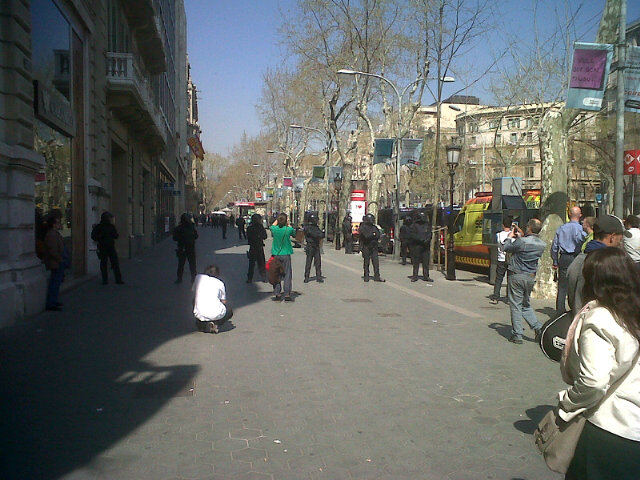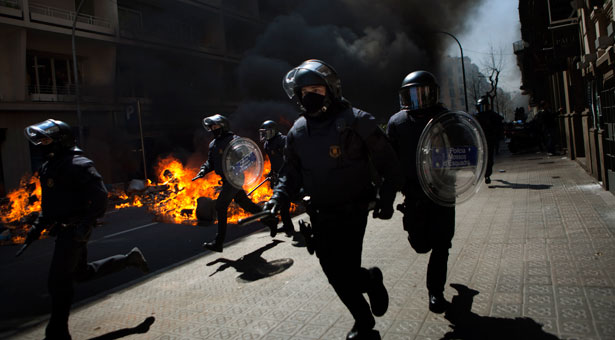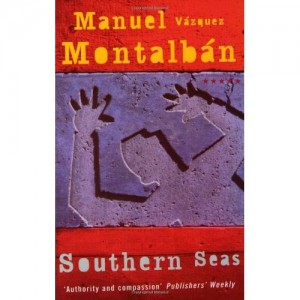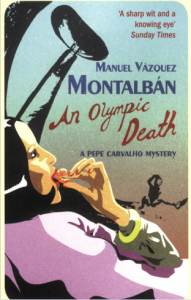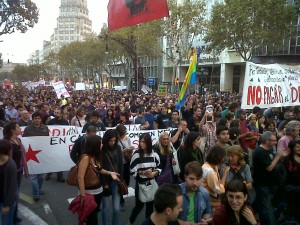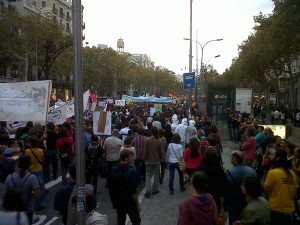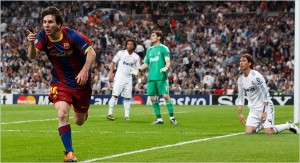La Vanguardia had a really interesting article a couple of days ago about immigration in Barcelona since 2000 (sorry, only in Spanish, as far as I know). Considering how international Barcelona feels today, it is kind of amazing to realize how recent a development that is. Today, there are about 282,000 foreigners living in Barcelona, or about 17.4% of the total population, way up from less than 4% in 2000.
That’s actually down a bit since the peak in 2010, when there were 294,000 foreigners here. But it is way, way up from 2000 when there were just about 50,000 foreigners. From 2000 on, the growth was incredible, doubling every couple of years for five years, then slowing down but still growing until 2010. Not surprisingly, Central and South Americans made up a fair bit of that growth — from about 35,000 to 115,000. Africans are up a bit. But Pakistanis and Chinese have been the biggest sources of growth.
I cannot begin to imagine how different this city must have been back then (well, I can imagine a little, thanks for some good books like these). I have some American friends who have lived here since the late 1980s, and one Korean friend who came here in 1980, and the stories they tell make it sound like a much more difficult and xenophobic city back then. For sure, Barcelona has become a far more interesting city thanks to these changes. And, judging by the shops I go to, much more prosperous, too.
